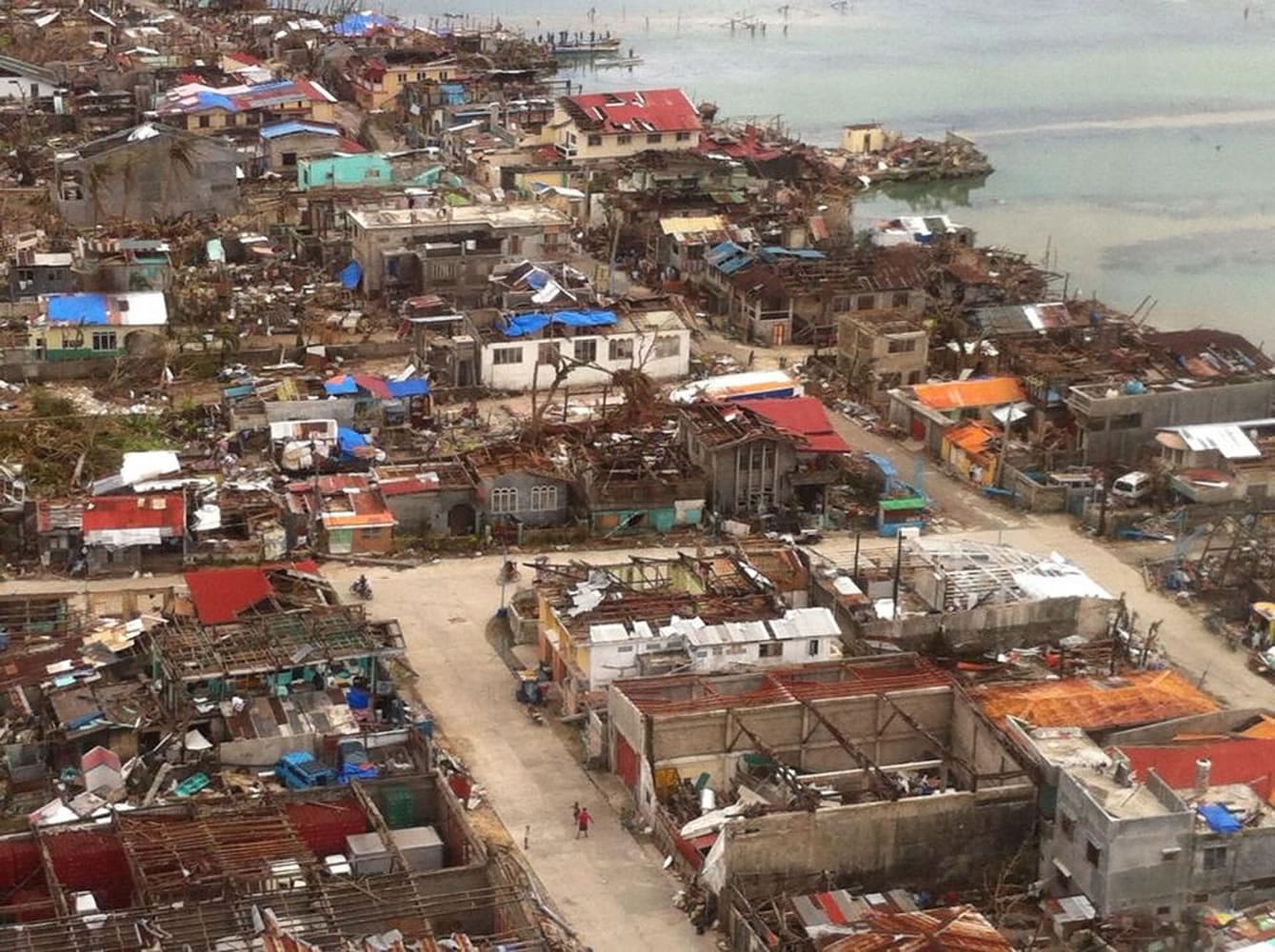A decade of seeing the worst — and best — of the world couldn’t prepare Rico Selga for the Philippines.
For the past decade, Rico has globetrotted from one disaster hot spot to the next. The registered nurse and aid worker who volunteers with Portland-based Medical Teams International has witnessed, with equal measure, the devastation created by Mother Nature and humans, and the amazing wellspring of human kindness that surfaces when disasters strike.
In places as far afield as Haiti and Kosovo, Rico and a team of medical professionals have swooped in to provide help.
But in the Philippines, where super-typhoon Haiyan flattened entire islands of the archipelago, there’s a closer connection. Rico and his wife, Jenny, are from the nation. Rico came to the United States with his family at age 15 after the Luzon earthquake in 1990. Seeing his home country decimated again has been draining.
He stepped foot in the Philippines on Nov. 13 and returned home Wednesday, along with the rest of the medical team. While he was there, Rico said, he cried every night. When he saw starving children, he couldn’t help but think of his own infant son.
“When I talked to the locals, everyone is hungry and thirsty,” he said. “The first few days I was there, there was no clean water and no food. Even if you had money, you could not buy food.”
Waiting for Rico’s return from afar was difficult for Jenny, who worried each day about her husband’s safety. Hearing about the suffering still taking place in the Philippines stirred Jenny to want to take action herself.
“I told him, when he goes back I want to go with him,” she said. “He said, ‘You won’t be able to handle it. It’s very sad. There are dead bodies everywhere.’ “
Rico is no stranger to disaster relief. In the past decade, he’s gone on annual trips abroad to lend a hand. His work led Clark College in 2010 to honor him with an alumnus of the year award.
As a registered nurse, Rico worked in the Philippines to dispense fuel, water and medical assistance to people displaced by typhoon Haiyan, primarily in the Samar province and Leyte, two areas hit hard by the storm. The stories he told Jenny were harrowing, she said.
“He’s never seen anything like this,” Jenny said. “Everything is just flattened. There’s really nowhere to go, nowhere to hide. Even for them. They’ve been camping because there’s no shade.”
That is, except for one structure Rico saw — a garage, which housed up to a dozen people. But even that wasn’t the worst of it. Up and down coastal villages of the central Philippines, mile upon mile of homes and businesses lay flattened.
She said Rico had heard of families’ eating their pets. He observed families trading their pets for bowls of rice. Some of the worst claims are hard to verify, though. Even the death toll is in dispute, and probably will be for several months. The United Nations Office for the Coordination of Humanitarian Affairs estimates the death count at a little less than 4,000, but that number is fluid.
Providing relief has been difficult, Rico said, because of a lack of resources and access to information. But people have banded together to help each other out.
At home, Jenny was looking after their 18-month-old son and worrying about her husband’s safety. He was a world away, and their only connection was a spotty Internet connection and a satellite phone. It was rough, she said, worrying every day that he’s still alive.
She also worries about the people and animals in her home country.
Jenny says she is serious about going back to the Philippines with Rico to lend support to those who are still suffering. The couple have family in Manila, so they could even take their child. But for Rico, the experience might be too difficult to relive.
He wants to put the worst of the memories behind him, even as he hopes the country can put the worst of its troubles behind it. He’s been on many disaster response teams, but this experience hurts the most.
“At night I lay in bed hoping that my son does not follow my footsteps,” Rico said. “I do not want him to see the awful (things) my eyes have seen. Once you have seen it, there is no going back to the land of dead skulls.”



